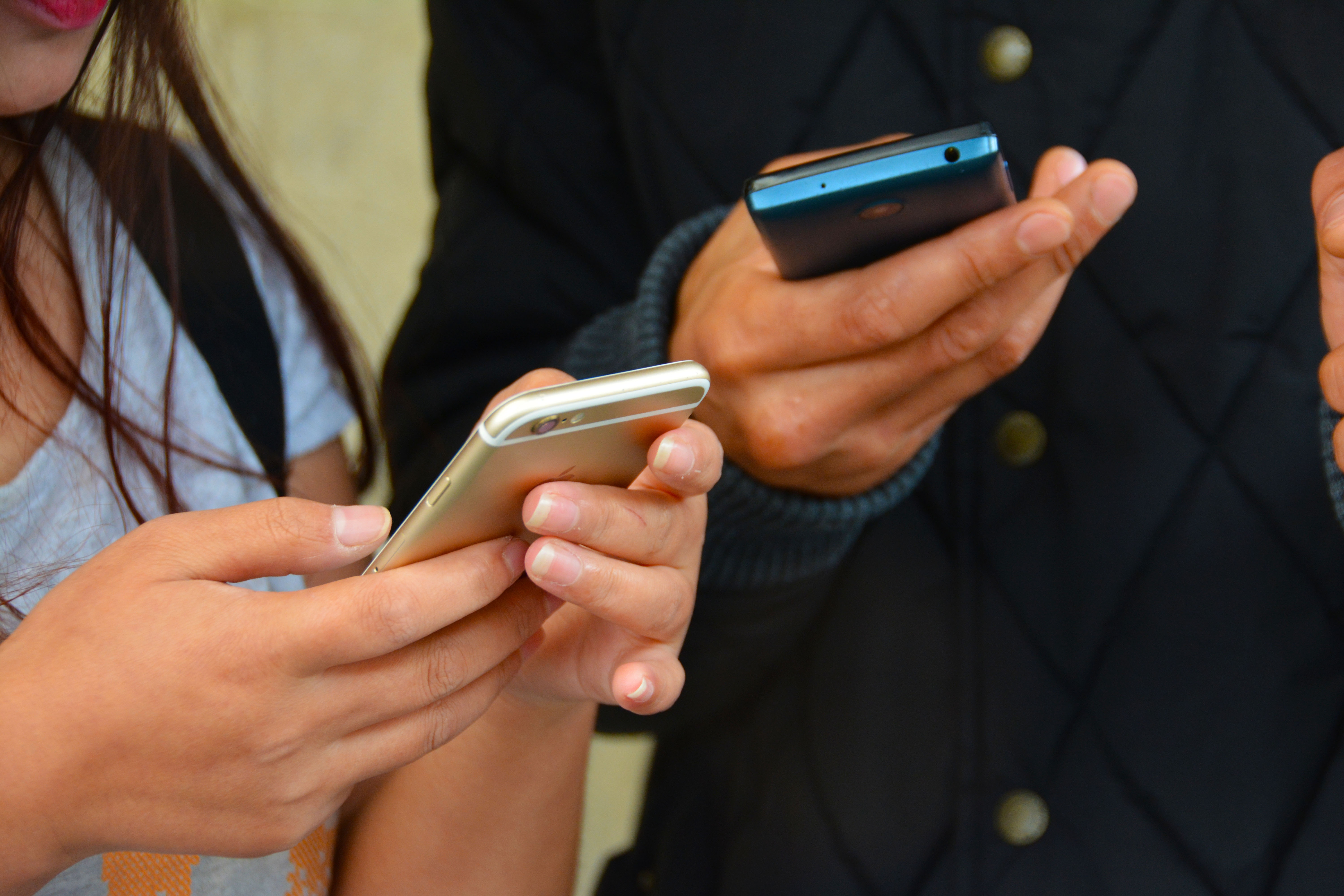Social Media and Mental Health: What’s the Correlation?
It is no question whether there is a correlation between social media and mental health or not. The true question, however, is this: what exactly is the correlation?
Picture this: a man awakens from a restless night’s sleep, rolls over and immediately picks up his cell phone. He begins scrolling, finding funny dog videos and delicious looking appetizers at his local restaurant. The next thing he sees, however, changes his mood completely. If you are wondering what dialectical behaviour therapy is check out the lionheart foundation in Calgary for more information.
As he continues to scroll, he comes across a breaking news story: a building in the downtown area has collapsed, killing hundreds. His wife was inside of that building, and now he isn’t sure if she is okay. What does he do? Goes into a panicked frenzy trying to contact her. What happens when he can’t get a hold of her? His mental health begins a slow descent into depression and anxiety, for which he might want to enter a rehab near me
Of course, the above scenario is completely fictitious, but the implications remain the same. In the age of social media, one doctor by the name of Cory Harow has decided to make it his duty to explore the effects between social media and mental health.
In his mind, the effects can be one extreme or the other – the dopamine hits of seeing a pretty face or a cute animal can cause one to feel happy, euphoric even. However, the cortisol increase caused by constant access to negative news can also produce strong feelings of depression, anxiety, and a slew of other emotions.
However, Cory Harow doesn’t feel that social media is a bad thing. In fact, quite the opposite. Social media has provided massive benefits to society. Benefits such as: checking up on a loved one who is on the other side of the world, or having access to a group of like-minded individuals with whom one can discuss their most passionate hobbies. Harow himself uses social media to promote his emergency medical practice as well as a way to showcase his illustrious life. He served in the Israeli army at the age of 19 before returning to his home in the United States for college and medical school.
The face still remains, though, that social media is also a very dark place. Should one decide to venture into its depths, they should do so very carefully. News from untrusted, and sometimes flat-out malicious, sources is rampant on platforms such as Facebook, Twitter, and Reddit. Even with fact-checkers working diligently to filter out the false facts, there is still the chance that one could be had by a fake article used for nothing more than fear-mongering.
In conclusion, it can be stated that Harow’s stance on social media and its effects on mental health is mixed. On one hand, there is the good, and on the other hand there is the bad and the ugly. Know the difference between fact and fiction and do research to ensure all sources are trustworthy.
